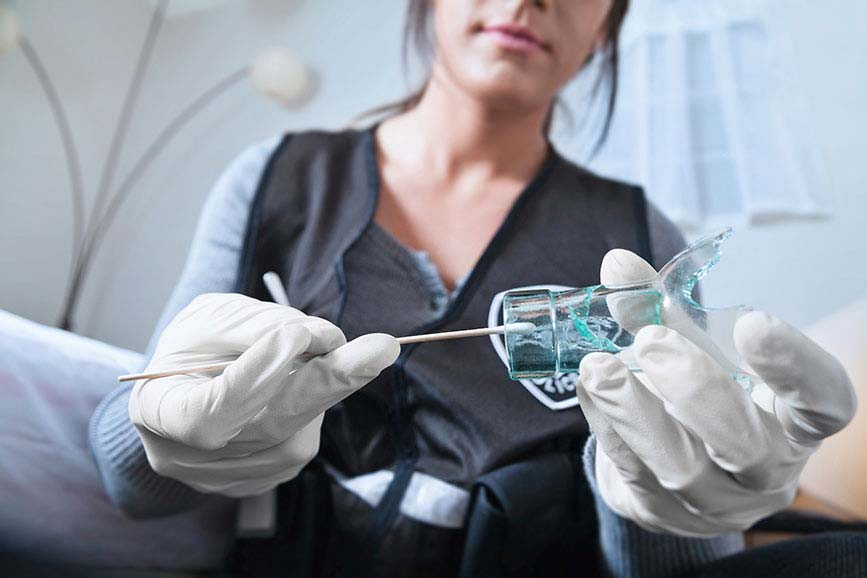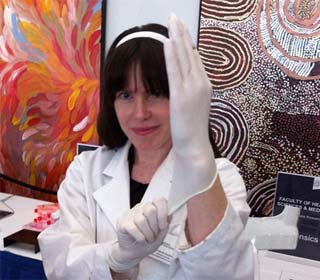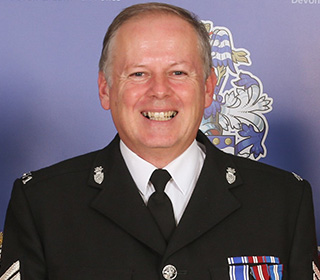BA (Hons) Criminology with Forensics
Unleash your passion with practical learning and build your skills with criminological theory.


Lots of hand-on practice to build your forensic and criminology skills

Apply now for this course
Three A levels grades CCC - BBC
BTEC triple grades MMM - DMM
We accept Access to HE Diplomas with credits in line with the UCAS tariff point range
T Level - Pass (C and above) - M
GCSE English Language and Maths at grade C or 4 or above, or accepted equivalents
Course Summary
Crime is everywhere – in the news, at the cinema, on our TV screens, and in the books we read. This course offers you the opportunity to look behind the headlines and explore the complexity of a subject that fascinates and worries us in equal measure.
You will study crime from a variety of perspectives ranging from seemingly simple questions such as ‘What is crime?’ to considering the impact of the media on our understanding of crime and the way we deal with crimes such as youth violence and domestic abuse. As a Marjon criminology graduate, you will have a thorough understanding of the social, political and cultural nature of crime, as well as how crime is addressed locally, nationally and globally.
This course will equip you with the skills and knowledge you’ll need to thrive in the real world of crime scene-based forensic investigation. Dive deep into the practical aspects of crime scene investigation and develop investigative skills which go hand in hand with the theories of criminology which you will learn.
The diverse modules on this course mean you’ll gain marketable expertise beyond forensics, as you study how to undertake police interviewing techniques, photography and research, building an impressive portfolio of skills to take with you once your degree is complete. In particular, our digital forensics module will teach you in-demand skills in a rapidly growing field.
Why study Criminology with Forensics at Marjon?
Gain a critical understanding of theory and investigation skills so you develop a solid foundation for your learning
Learn and practically apply many of the hands-on methods which are employed in the forensic and investigation world
Small class sizes enable you to get to know your lecturers and fellow classmates, giving you individualised support and attention so you can concentrate on furthering your own skill set
Staff have extensive real-world experience giving you practical insight and helping you to develop the skills that employers want
Learn the latest practises through close links with industry partners
Modules for this course
1st Year
Crime and the Criminal Justice System
Introduction to Crime Scene Investigation
Social Problems
Criminological Theory
Victims and Victimology
Criminal Law
2nd Year
Research Methods
Crime Scene Photography
Police and Policing
Designing Safe Communities
Digital Forensics
Understanding Violence
3rd Year
Investigative Psychology
Security and Counter-terrorism
Practical Policing Investigation
Contemporary Issues in Crime and Criminology
Honours Project
What might you become?
Graduates from this course could find careers in a variety of sectors, starting in roles including Police Officer, Direct Graduate Entry Detective Constable or Digital Forensics Officer. There are also Forensic Laboratory opportunities, Civil Service investigation roles, Crime Scene Investigator or Police Civilian Investigator jobs.
How you’ll be taught and assessed?
How will you be taught?
Teaching will combine lectures and seminars with weekly practical sessions in the Crime Scene House, laboratory or other simulated crime scenes.
How will you be assessed?
Assessment methods vary from module to module, so there will be some written assessments, but most will have a practical assessment to verify that the required skills have been learned.
Lecturers

Following the completion of my PhD in Organic Chemistry I worked for West Mercia Police in their fingerprint laboratory. From there I moved to the Home Office and conducted research into fingerprint enhancement techniques. I then changed direction and joined the Forensic Science Service and trained as a Forensic Biologist, running cases in the Violent and Sexually Motivated Crime teams. I have been an academic since 2008, starting at Kingston University in London, moving to Bond University in Australia and I have been at Marjon since 2019.
Fees and funding
Fees UK students: £9,790 per annum
This fee covers your tuition and access to course-specific equipment and facilities, as well associated services including access to the library, study skills support, IT support, student support and wellbeing services and membership of the Student Union. There may be additional costs by course.
Funding available for this course
Our Student Funding Advisors offer confidential and impartial advice about your funding options.
Learn more

